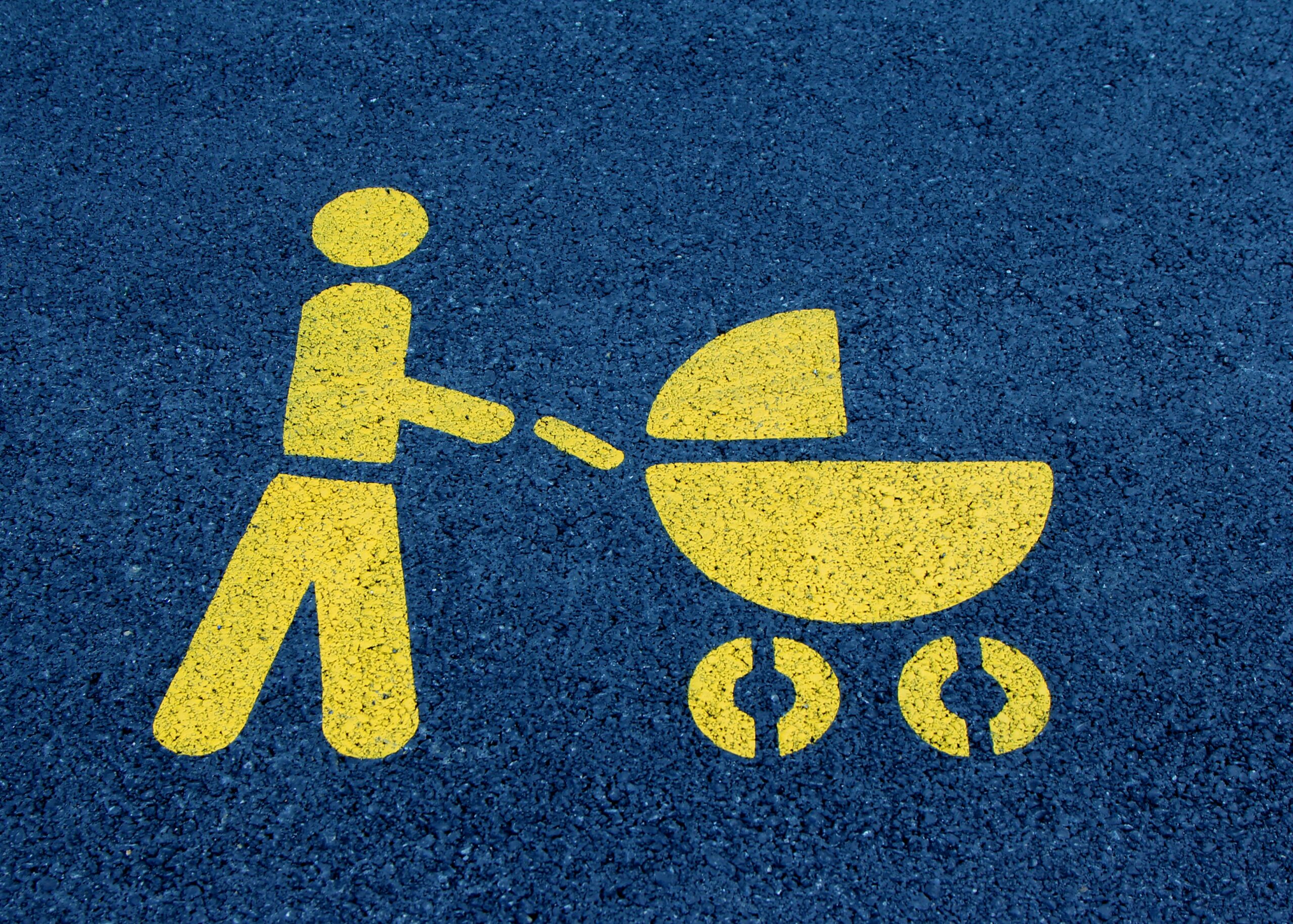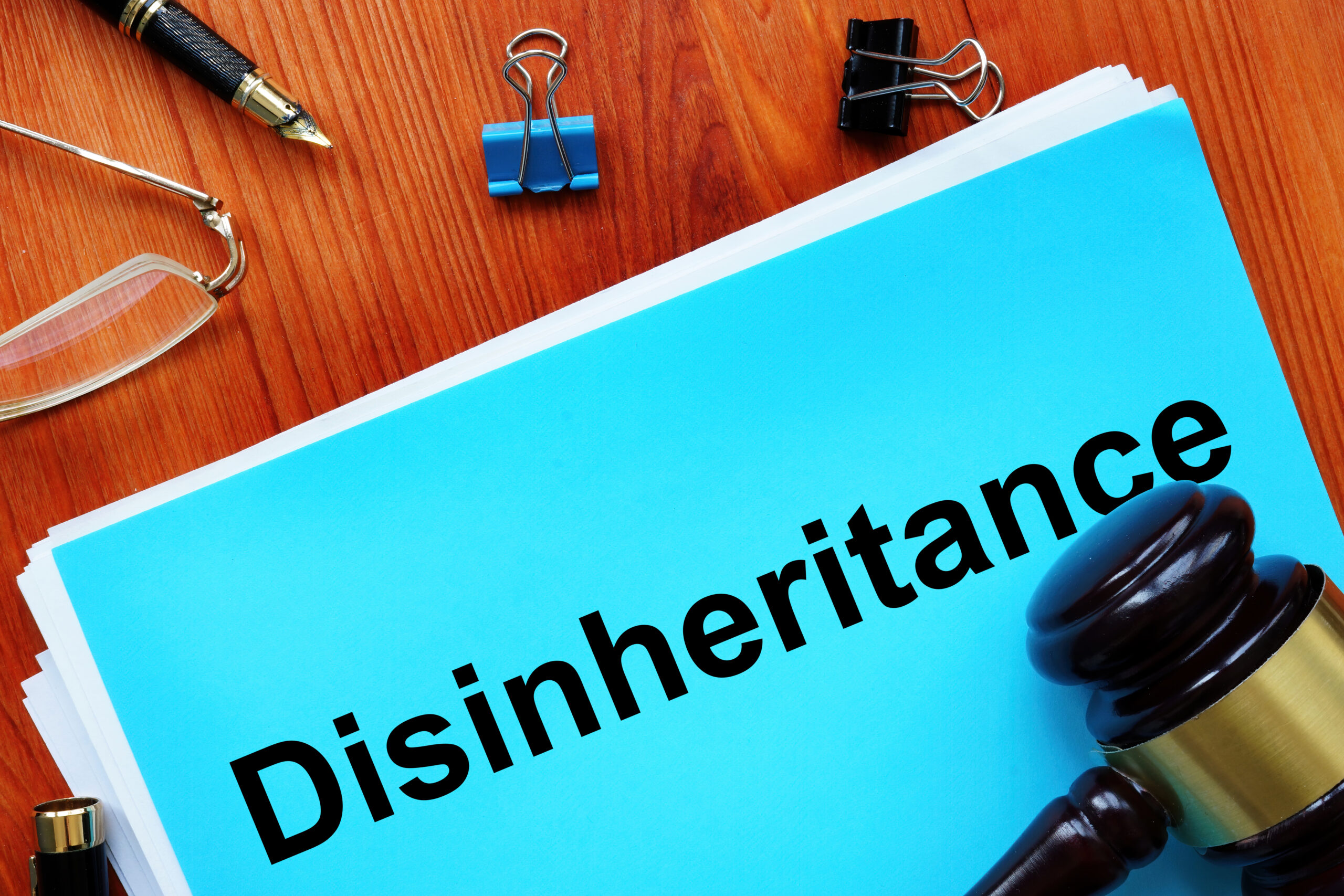What is a Life Estate?
A life estate is a form of joint property ownership in which an individual, called the life tenant, retains an ability to use and occupy the property for the remainder of their life. Upon the death of the life tenant, ownership of the property automatically transfers to another person or persons, called the remainderman or remaindermen, who own the future interest in the property.
In a Life Estate, Who Owns What?
In a life estate, the life tenant retains the right to use and occupy the property for their life. They do not own any future interest in the property, and lose the ability to mortgage or sell the property. The life tenant is entitled to all rents and income during their lifetime, should there be any.
The Remainderman has a current ownership interest in the property but cannot take possession of the property until the death of the life tenant. Upon the death of the life tenant, the remainderman assumes all ownership rights and interests in the property.
Duties and Responsibilities of a Life Tenant
Upon the execution of a life estate, the life tenant assumes certain responsibilities including:
- Paying the mortgage;
- Paying the insurance and property taxes, and
- Maintaining the property and making repairs.
Rights of Remaindermen
Although remaindermen do not have the ability to use and occupy the property until the death of the life tenant, they nevertheless have rights as the owner of the future interest in the property. The life tenant must maintain the property and not damage or it, or otherwise reduce its value. Should the life tenant fail in this responsibility, the remainderman has the right to sue the life tenant for waste.
A remainderman can transfer their interest to whomever they want via sale, gift, or their own estate plan.
How Do You Create a Life Estate?
Life estates are usually created by deed, but can sometimes be created by will or trust.
Advantages of a Life Estate
Life estates can provide peace of mind for life tenants knowing they have a place to live for the rest of their lives, while also ensuring the remainderman will take over ownership upon their death. For family estate plans, this is one way to ensure that the family home stays where it belongs: in the family.
Life estates can also provide additional benefits:
- Avoid Probate:
- Probate is the legal process that occurs after a person dies (the “decedent”) either with or without a will. It is the process by which the decedent’s will, if one exists, is validated and authenticated.
- Probate can be avoided by properly titling assets, and by placing beneficiary designations on assets and property.
- By transferring property through a life estate, the time and expense of probate can be avoided.
- For more on Massachusetts probate procedure, and how it can be avoided, read our two part series on Massachusetts probate
- Speed of Passing Property to Ultimate Beneficiary:
- Since a life estate will avoid probate, the beneficiary remainderman will receive the property immediately upon the death of the life tenant, thus ensuring the transfer will be made much more quickly and efficiently than if the property were to pass through probate.
- Can be Less Expensive than Will and Trust Planning:
- Estate planning is extremely important, but can also be costly depending upon the nature of one’s estate. If appropriate, a life estate deed can be a less expensive means of transferring property.
- This does not mean that a life estate is a 1:1 substitute for estate planning. Wills and Trusts provide much more flexibility to a grantor looking to transfer real estate, with many of the advantages (and more) of a life estate, without the disadvantages discussed below.
- More Control Over Property than Irrevocable Trust Planning:
- Although we stated that life tenants have limited control over the property, and that trusts can generally provide more flexibility for a grantor to gift as they want to, irrevocable trusts can put constraints on a grantor because a grantor loses control over property place in an irrevocable trust, and a third party trustee will be involved with decision making.
- Transferring real estate through a life estate deed as opposed to an irrevocable trust can ensure the life tenant retains more control over the property, without requiring a trustee to act as an intermediary.
- For example, if work needs to be done on the property, if the property is in an irrevocable trust, the trustee will be making the decision about which contractor to use (possibly over the objection of the grantor), whereas with a life estate, the life tenant can make that decision.
- Medicaid/MassHealth Planning Tool:
- For those needing long-term/nursing home care, a life estate can help protect your home from a Medicaid lien or from being sold to pay for care, because a life estate removes property from being considered a countable asset.
- As is the case with any nursing home/long term care planning, there is a five-year look-back period.
- If nursing home care is required within the immediate five-year period from creation of the life estate, states will require a calculation of the value of the life estate and remainder interest to determine how much of the gift will be countable towards eligibility.
- In April 2023, Massachusetts updated their procedure for calculating the value of life estate and remainder interests.
- If nursing home care is required within the immediate five-year period from creation of the life estate, states will require a calculation of the value of the life estate and remainder interest to determine how much of the gift will be countable towards eligibility.
- Tax Benefit for Remainderman Upon Death of Life Tenant:
- Upon the death of the life tenant, the remainderman receives a step-up in basis for capital gains tax purposes to the fair market value of the property as of the date of the life tenant’s death. The property’s basis for capital gains tax purposes therefore, would not be the life tenant’s original cost basis.
- This means if the remainderman decides to sell the property, the capital gains tax could be significantly reduced if the property appreciated in value during the life of the life tenant.
Disadvantages of a Life Estate
Although there are many benefits and advantages of life estates, they aren’t without their drawbacks.
- Death of Remainderman:
- If a remainderman passes away during the life of the life tenant, the remainderman’s interest is passed down to their heirs or devisees. This could make things difficult for the life tenant who now has to deal with the remainderman’s heirs.
- The remainder interest may now be owned by someone the life tenant never intended.
- Limitations on Life Tenant’s Use of the Property:
- The life tenant does not enjoy the full incidents of ownership. This means that outside of living in the property, maintaining it, and making necessary repairs, there is very little the life tenant is allowed to do without the permission of the remainderman.
- The life tenant cannot sell, transfer, mortgage, or otherwise encumber the property without permission of the remainderman.
- Complications with Multiple Remaindermen:
- If there are multiple remaindermen, there could be disagreements amongst them regarding whether to sell the property. There may also be disputes if there isn’t an agreement to equally share in the costs of maintaining the property.
- These disputes could result in expensive and time-consuming litigation.
- Creditors of the Remainderman Can Lien the Property:
- While life estates can provide creditor protection for the life tenant, if a remainderman gets into trouble, has unpaid bills, or is otherwise subject to a collection or other creditor action, the creditor may be able to lien the remainderman’s future interest in the property.
- Remainderman Can Sue For Waste:
- As noted above, the life tenant has a responsibility to maintain the property and make necessary repairs. If the life tenant fails to do so, the remainderman could sue the life tenant for waste.
- Limitations on Selling the Property:
- Neither the life tenant nor the remainderman have the right or ability to sell the property in its entirety. They can, however, sell their interest in the property. A life tenant could sell their life interest, but finding a buyer interested in purchasing that limited interest would be very unlikely. Similarly, a remainderman can only sell their remainder interest.
- If there is an agreement between the life tenant and remainderman to sell the property prior to the life tenant’s death, this can create some headaches for both the life tenant and the remainderman:
- First, the life tenant would not receive the full value of the sale. Usually the life tenant will receive only a portion of the sales price based on actuarial tables.
- Second, if the property is sold during the lifetime of the life tenant, the remainderman does not receive the above mentioned step-up in basis for capital gains purposes. The remainderman’s cost basis would be the life tenant’s original cost basis. Thus, the remainderman would be paying a higher gain on their percentage ownership (based on the tables).
- Generally, the older the life tenant, the greater the share to the remainderman.
A note on “Lady-Bird” and Transfer on Death Deeds
You may have seen or heard that “lady-bird” deeds and transfer on death (TOD) deeds are alternative means of transferring real estate. A Lady-Bird deed is an enhanced life estate deed in which the life tenant retains the right to sell or mortgage the property without the consent of the remainderman. A transfer on death deed is just that – a deed in which an owner states who will inherit the property upon their death (effectively a beneficiary designation via deed).
Neither “Lady-Bird” nor Transfer on Death deeds are valid in Massachusetts or New Hampshire.
Life estates can be a powerful arrow in your estate planning quiver. However, whether a life estate is appropriate for you and your family requires a balance between the advantages and disadvantages discussed above, and a more detailed review of your estate.
For more information about life estates, and a personalized review of your current estate, schedule a free consultation to discuss estate planning options, and determine what plan will be best for you and your family.
No information in this blog post is to be construed as, nor is intended to be, legal or tax advice. Consult with competent legal counsel and/or tax professionals prior to taking any action. Do not rely on any information contained in this blog post as the law changes from time-to-time and this blog post may not be updated to reflect those changes.
© Zuccaro Law, LLC. All Rights Reserved.






